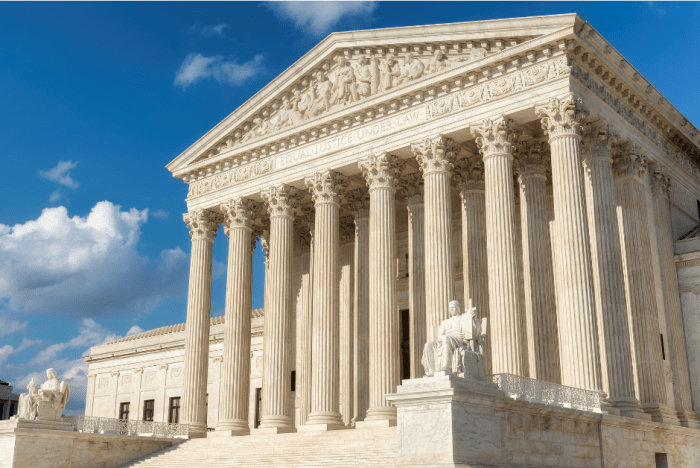
This week, the U.S. Supreme Court released a decision that found certain practices promoting a diverse student body on college campuses are unconstitutional. The majority decisions issued by the court’s six conservative justices in the cases Students for Fair Admissions v. Harvard and Students for Fair Admissions v. UNC found that race-conscious university admissions practices violated the Equal Protection Clause of the 14th Amendment.
For decades, race-conscious admissions practices, also commonly referred to as “affirmative action,” have increased diversity at universities by prioritizing the admissions of applicants in historically marginalized racial and ethnic groups who continue to be underrepresented at colleges and universities. Racial and ethnic identity is not the sole criteria in any admissions system, but universities were previously allowed to consider race within the context of a student’s broader identity, qualifications, and experience.
While race as a factor in and of itself can no longer be considered by university admissions, the majority opinion authored by Chief Justice John Roberts did state that university admissions officers could indirectly take into account race, stating, “Nothing in this opinion should be construed as prohibiting universities from considering an applicant’s discussion of how race affected his or her life, be it through discrimination, inspiration or otherwise.“
In her dissenting opinion, Justice Sonya Sotomayor stated that the six-justice majority upended “the status quo based on their policy preferences about what race in America should be like, but is not, and their preferences for a veneer of colorblindness in a society where race has always mattered and continues to matter in fact and in law.”
This Supreme Court decision represents a major national victory for groups that continue to push a radical anti-civil rights agenda at various levels of government. Earlier this year, the Texas Legislature passed and the governor signed SB 17, which will ban diversity, equity, and inclusion (DEI) initiatives at public colleges and universities. This will affect not only student recruitment, but also the recruitment of faculty and staff at all public institutions of higher education. The DEI ban will not only affect programs that promote racial and ethnic diversity, but also programs that support inclusion for individuals with various gender identities and sexual orientations.
The University of Texas at Austin is the only public university in Texas that will be affected by the Supreme Court decision as it was the only public university that considered race as a factor in undergraduate admissions, but numerous private universities will also be affected by the ruling. At UT-Austin, only 5.2% of students are Black, while over 11% of Texans are Black. At UT-Austin, only 24.2% of students are Hispanic, while over 40% of Texans are Hispanic.
The Supreme Court capped off this week of highly consequential rulings related to higher education releasing a decision today that found President Joe Biden’s student loan forgiveness plan to be unconstitutional. Stay tuned to the Hotline next week as we unpack the implications of that decision.